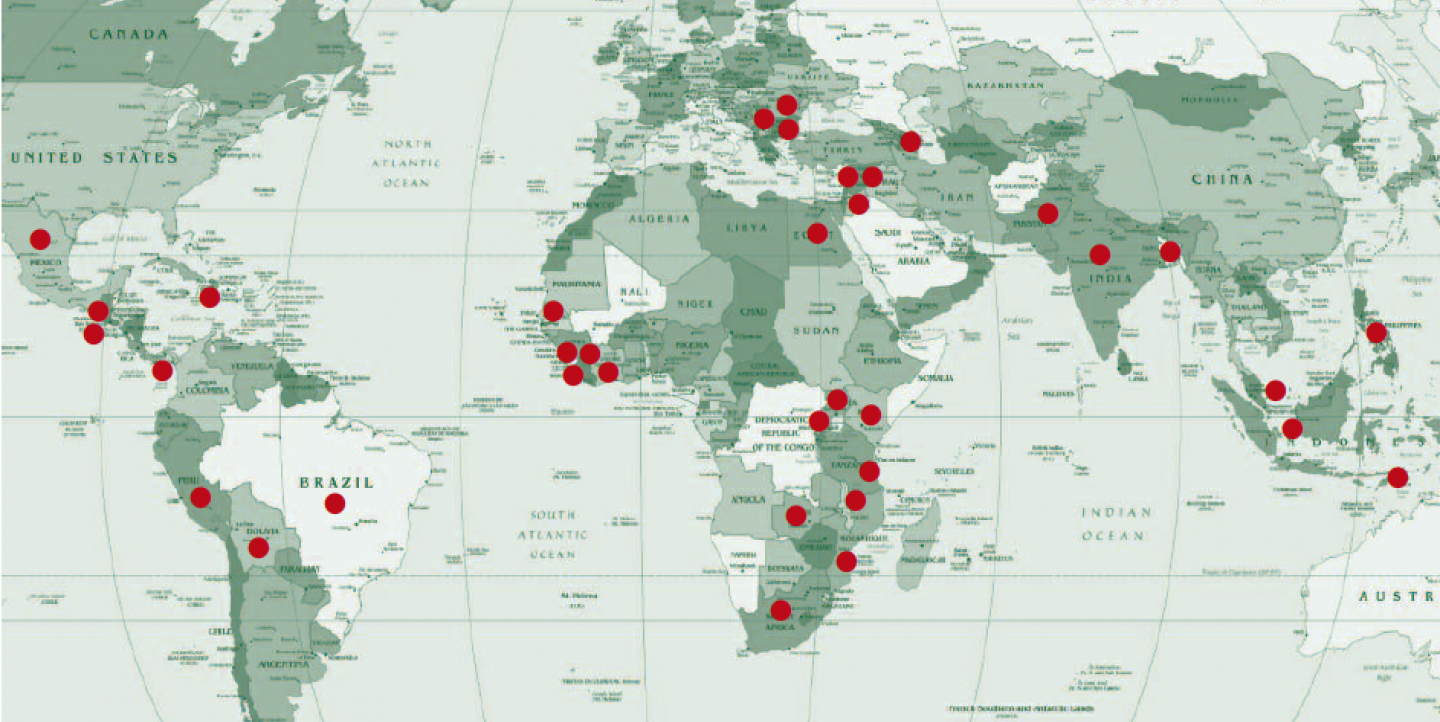When foundations and other organizations invest in media development, they hope better information will improve communities--and people's lives. A new report shows more than 20 concrete examples of that idea at work.
The report, from the International Center for Journalists, shows how changes to government policies were brought about by the work of Knight International Journalism Fellows in Africa, Eurasia, the Middle East and Latin, Central and South America.
Joyce Barnathan, president of ICFJ and Eric Newton, senior adviser to the president of the John S. and James L. Knight Foundation, offered three concrete examples of those policy changes in a blog post today:
-
In Kenya, a series on shoddy care in public hospitals resulted in $7.5 million to improve care
-
In Indonesia, a series on medical waste prompted the government to order hospitals to build their own wastewater treatment facilities
- In Peru, after crimes by unlicensed cab drivers were exposed, taxis were required to show official identification
How did 19 fellows accomplish so much? ICFJ made major changes to its flagship program, the Knight International Journalism Fellowships, including extending the fellowships to at least a year, recruiting international fellows and targeting developing countries where the opportunity for impact was greatest.
Along the way, ICFJ also made some important discoveries about what works:
-
Strong journalism skills are not enough to ensure a fellow’s success. The most effective fellows are entrepreneurs with solid management skills needed to lead complex projects in difficult environments.
-
High-impact projects need a strong commitment from local partners. In addition to top management at partner organizations, a strong buy-in is also necessary from those working most closely with the fellow. By putting their own resources into the project, local partners have a stake in its success.
-
Projects are more likely to be successful in stable countries with a relatively high level of media freedom.
-
Projects focusing on digital journalism are more likely to produce lasting impact. Mobile phones reach many more people in developing countries than other media. Authoritarian regimes tend to regulate traditional media more than the Internet.
-
Fellows have greater success the longer they are in the field, but only the strongest fellows are asked to extend time spent abroad.
-
Language fluency is essential for success but previous experience working in a country is not.
- Innovations developed by Knight fellows can be replicated in other ICFJ programs.
Since 2007, the Knight International Journalism Fellowships program has placed 45 fellows in 37 countries. The program is administered by the International Center for Journalists (ICFJ), which also administers IJNet.


